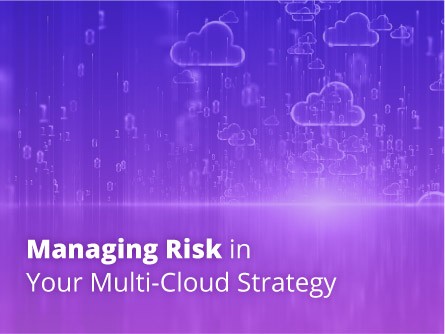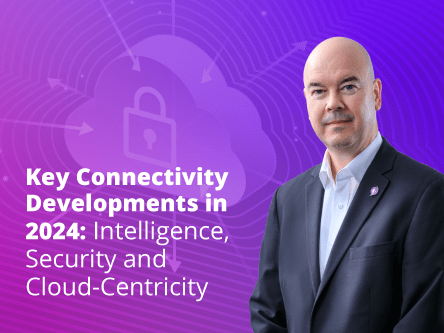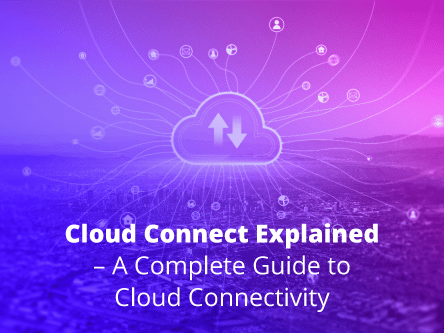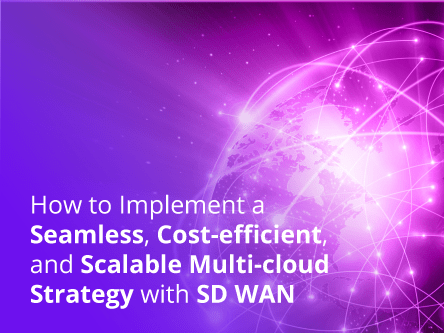The prevalence of Cloud services is seen across all kinds of enterprises today. There are now more options available for building cloud-based solutions and infrastructure. Major Cloud Service Providers (CSP), such as Amazon Web Services, Google Cloud, IBM Cloud, Microsoft Azure and Oracle Cloud, are seen as the top Infrastructure as a Service (IaaS) choices by many businesses.
Public Cloud spending has been projected to grow from $229 billion this year to nearly $500 billion in four years’ time. Businesses are increasingly using more than one CSP, opting for a more diverse mix of Cloud services for various aspects of the IT operations.
There are plenty of benefits to adopt a multi-cloud strategy which include reducing the risk of vendor lock-in and eliminating single points of failure. Multi-cloud strategy is particularly important for businesses that are running mission-critical applications on the Cloud, having absolutely zero tolerance for downtime.







